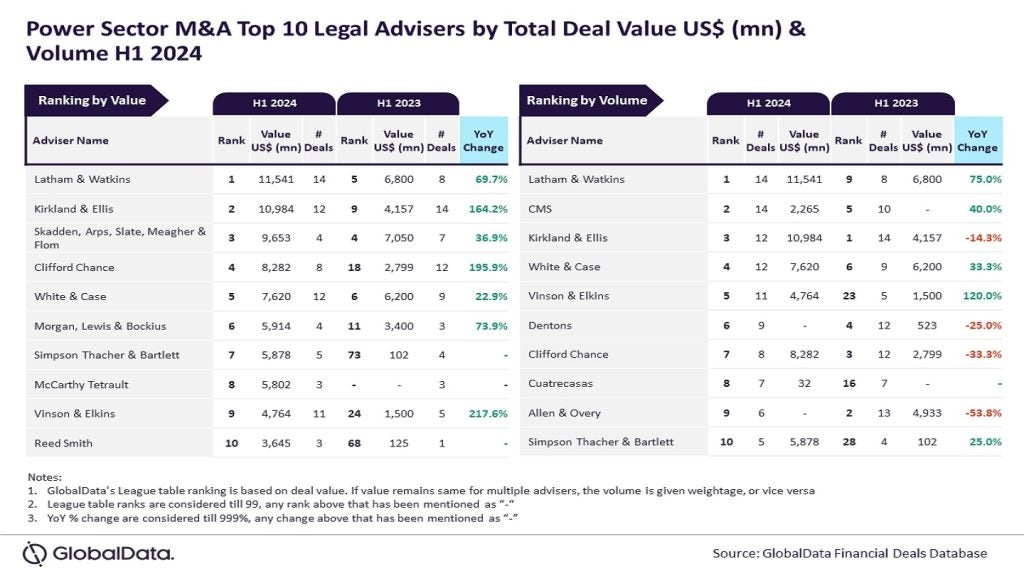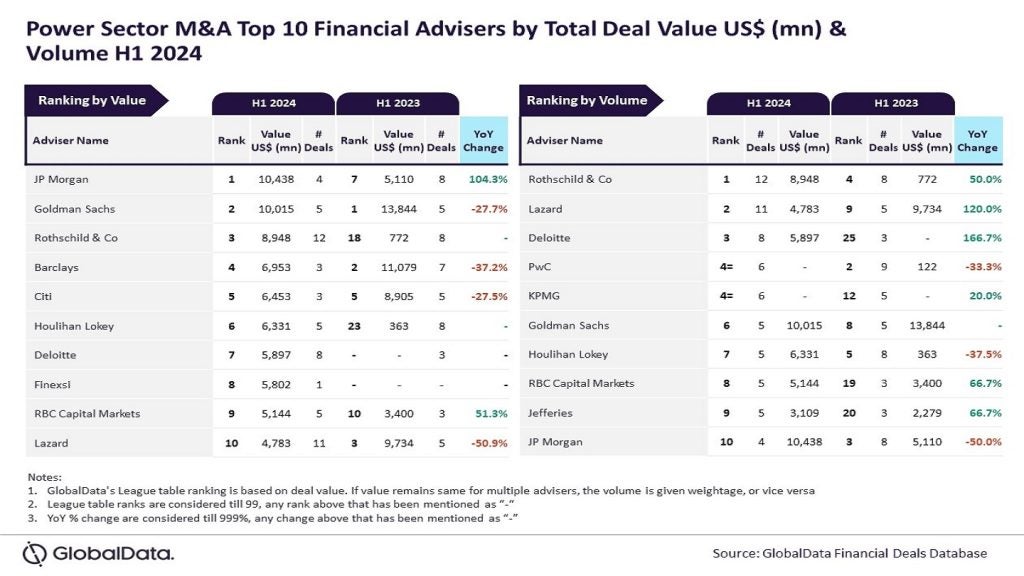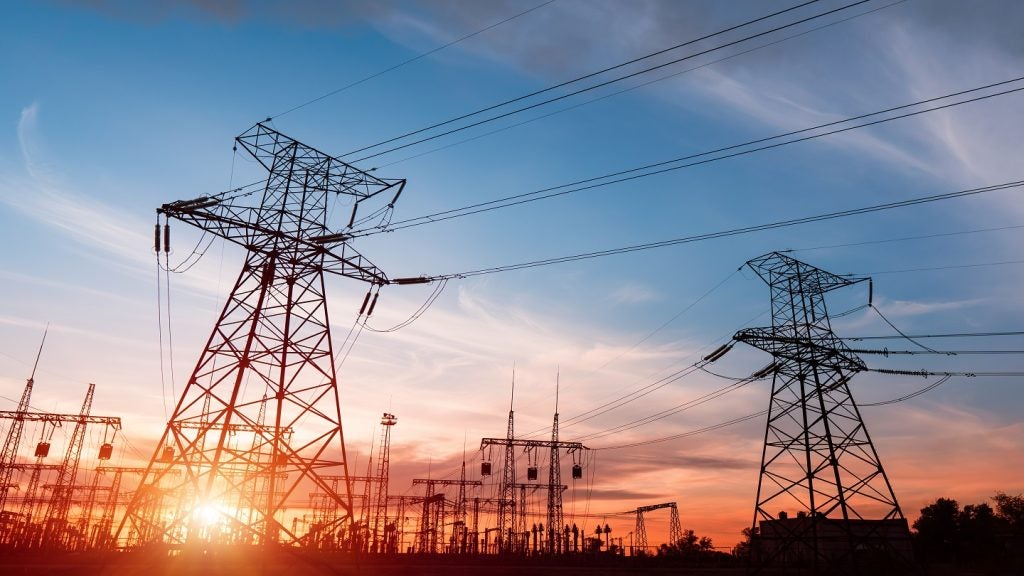
With over two decades of experience in the technology industry, Hitachi Vantara CEO Sheila Rohra is no stranger to data management and infrastructure.
With a background in electrical engineering, Rohra originally joined Hitachi Vantara in February 2023 as its chief business strategy officer before becoming its CEO last October.
With a little over six months in her role, Rohra plans to cement Hitachi Vantara’s approach to AI and support its customers in achieving sustainable AI.
In a 2024 survey conducted by research and analysis company GlobalData, around 27% of businesses reported that they had a high adoption rate of AI in their workload processes. This is up from just 10% in November 2023.
As businesses move to integrate AI into their workloads, how is AI adoption impacting ESG (Environmental, Social, and Governance) principles?
Rohra says that businesses are only now realising the full impact of AI on the environment.
How well do you really know your competitors?
Access the most comprehensive Company Profiles on the market, powered by GlobalData. Save hours of research. Gain competitive edge.

Thank you!
Your download email will arrive shortly
Not ready to buy yet? Download a free sample
We are confident about the unique quality of our Company Profiles. However, we want you to make the most beneficial decision for your business, so we offer a free sample that you can download by submitting the below form
By GlobalData“Making [AI] useful is going to consume a lot of power. And a lot of power means a lot of cooling, which means a lot of water,” she says.
A 2023 study by Cornell University suggested that OpenAI’s ChatGPT used nearly 500 millilitres of water around every 50 prompts.
“Businesses, including Hitachi, are looking at this closely,” says Rohra. “I think the key thing is to really to raise awareness… Hitachi Vantara does regular [carbon] measurements.”
Rohra maintained that with the right infrastructure in place, businesses leveraging AI could do so in an environmentally friendly way and notes AI’s potential in helping monitor climate change closely.
“We should be able to deliver systems and solutions, that can actually help drive other businesses to be more energy efficient, and helping them with AI technology to even optimise some of the calculations in the [AI] algorithms as well, so it does not consume as much,” says Rohra.
Hitachi Vantara recently committed to becoming carbon neutral in direct and indirect emissions by 2030.
While many companies have publicly committed to ESG policies, consumer opinion and trust of these commitments has been shaky.
Despite over 44% of participants in a 2024 GlobalData survey answering that their company did have a set of ESG principles, only 7% of respondents believed that companies were fully committed to these principles.
But for Hitachi Vantara, transparency is essential in instilling confidence in its ESG commitments.
“It has to start with us,” explains Rohra, “I’m very proud to work for Hitachi Limited, because sustainability is in almost every internal and external conversation. [Sustainability] is not just a word that is thrown out.”
Rohra states that Hitachi Vantara’s technology has one of the lowest carbon footprints compared to other data infrastructure providers.
Hitachi Vantara customer Infosys managed to reduce its electricity and air-conditioning costs up 60% by using Hitachi Vantara’s technology in its data centres. It achieved this while continuing to run applications up to 90% faster than its previous-generation storage.
Rohra says that she noticed every company seeking collaboration with Hitachi Vantara centred their conversations around cutting their environmental impact.
“Every customer conversation I’ve engaged with was about carbon neutrality, and they’ve been asking us how actually, can we help them,” continues Rohra, “… a business like Hitachi Vantara can actually help.”
Türk Telecom was able to drastically cut its carbon footprint using Hitachi Virtual Storage systems technology. Using Hitachi’s architecture, Türk Telecom was able to use only nine data cabinets instead of 23, reducing its power and cooling requirements by 60%.
Looking forward, Rohra says that Hitachi Vantara is aspiring to become the leader of hybrid cloud companies.
“That’s a really big statement,” she acknowledges, but states that there are several critical reasons consolidating the company’s aim.
“We have unbreakable mission critical technology, so verticals such as banks and healthcare will not be able to replace us,” she states, “data in the workflows will have to live both on premise and cloud at least through my lifetime, because it just has such a massive growth and there is no clear leader around.”
“The hybrid cloud strategy realisation will, at least for Hitachi Vantara, come out of how we manage the data using AI,” she continues, “And since our company is heavily invested in that, that’s actually why I feel we can do this.”
In 2023, Hitachi Vantara established a $300m fund towards AI initiatives.
“We are one of the few infrastructure companies that can really separate our software from the hardware,” she concludes. “This software for storage can reside anywhere, depending on where the customer is, and this is something that is very unique to Hitachi Vantara.”






